Words by William Fotheringham | Photos by SWpix.com
Holland’s women are one of the best teams cycling has ever seen, national or trade.
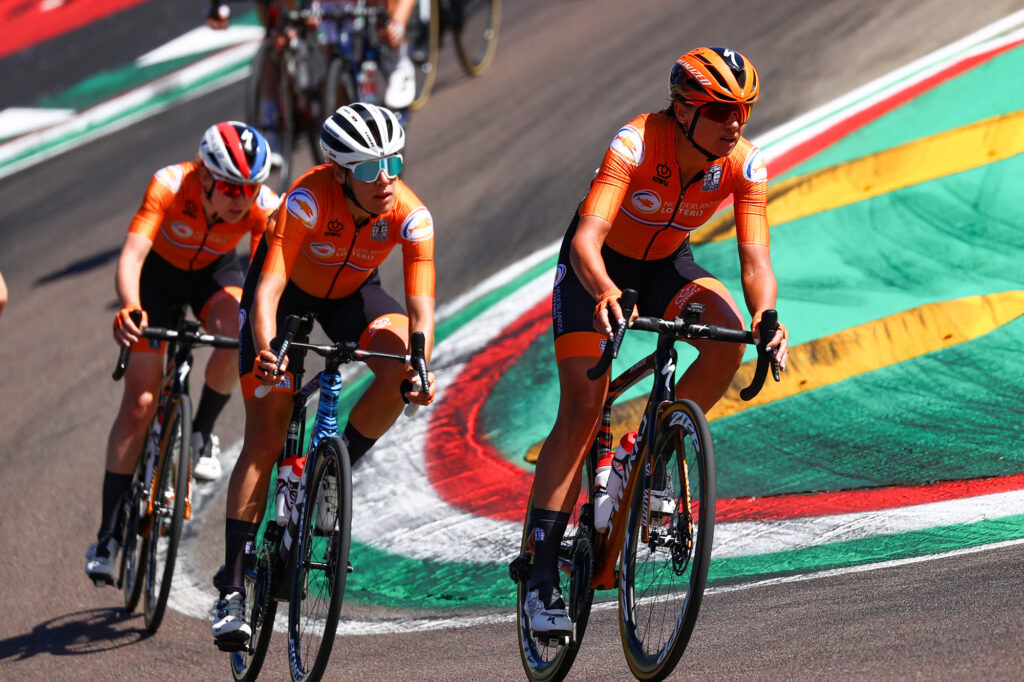
You can’t argue with four world titles in four years for three different riders, each one the result of seamless teamwork. In Anna van der Breggen Holland have an astonishing champion who has taken six gold or silver medals at the world championships in the space of three years; in Marianne Vos and Annemiek van Vleuten they have two others at a similar level. Since 2012 those three have taken five titles between them with Chantal Van den Broek-Blaak (2017) making it six gold road race medals in nine years. In Imola they finished three in the first four, four in the first 10 (with Ellen van Dijk). In 2019, it was three in the first six; in 2018 four in the first nine. The wheels do come off the Dutch machine on occasion, such as the 2018 European championship in Glasgow, but their pre-eminence is something we should all celebrate.
But… team work doesn’t invariably make the dream work
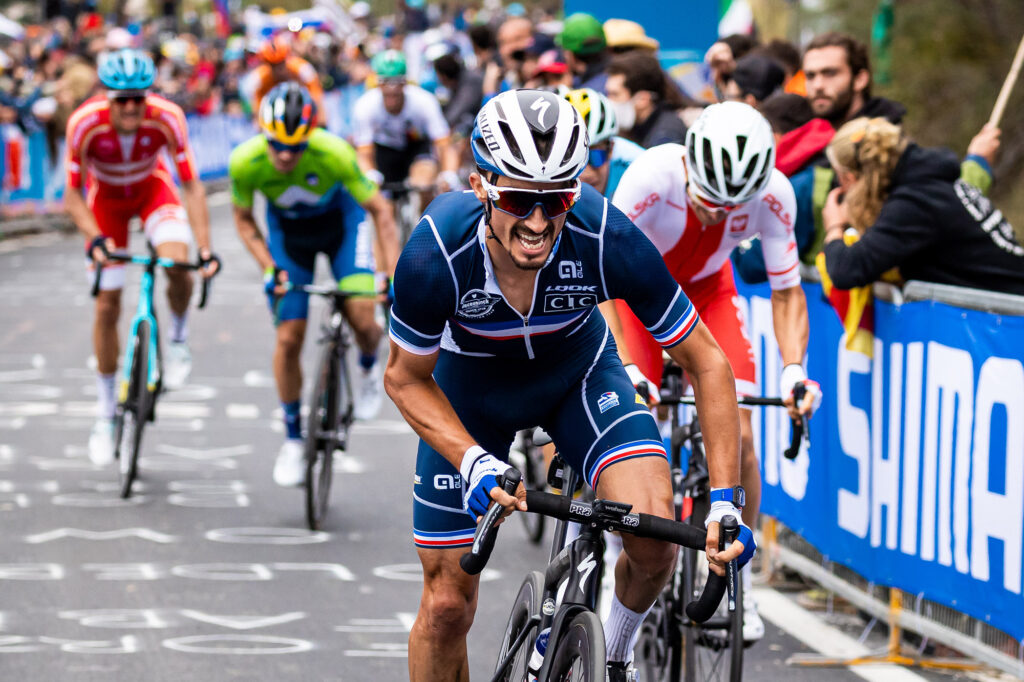
The old cliche has it that cycling is an individual sport that happens to be run on a team basis, and that tension is one factor that makes the sport endlessly fascinating. For much of the finale of the men’s road world’s, a Belgian victory looked to be in the offing, only for a stunning individual ride by Julian Alaphilippe to stymie them at the last. It also explained why Alaphilippe spent the final week of the Tour making one fruitless attack after another. He said then that he had the World’s on his mind, and these were classic training efforts within that bigger race context. Alaphilippe’s patience in waiting for the right moment was textbook, but it takes ice-cold nerve and confidence to hold your fire in that way in a bike race. It also echoed what we saw the previous weekend in the Tour de France, when Jumbo-Visma had an iron grip on the race, only for it to be prised from them at the last.
Women’s racing is still at a disadvantage due to courses made for/by men
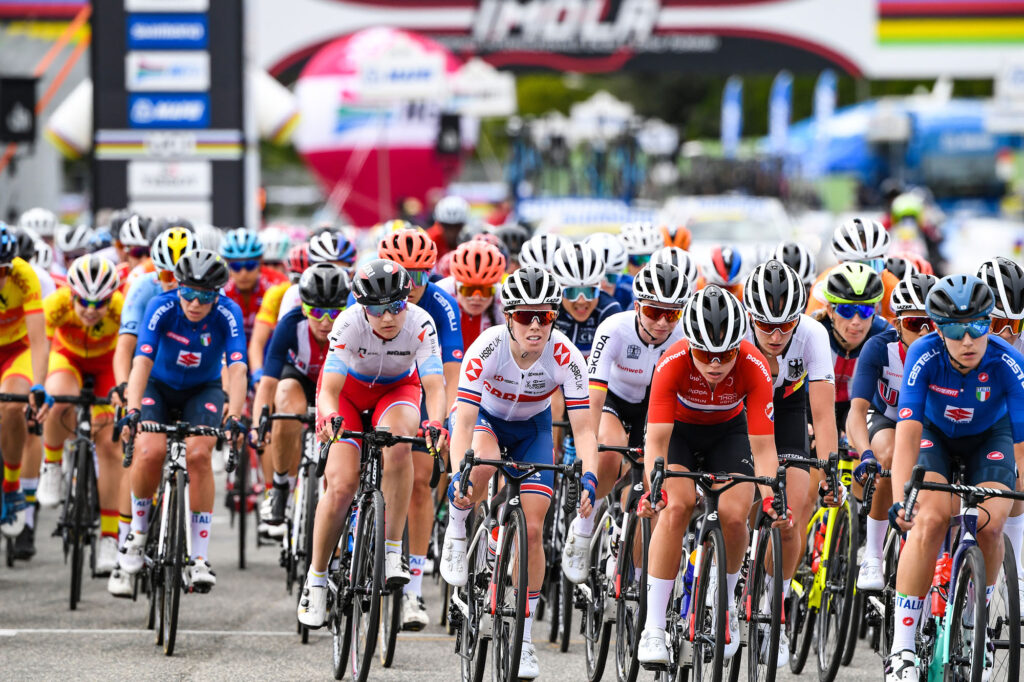
The last three women’s world titles have been won in solo breakaways that resulted in a finale of the race where suspense was lacking – compare and contrast with the finishes of the men’s world’s in each of those years. There are obvious explanations: the Dutch are utterly dominant on such roads, and compared to the men’s elite peloton; women’s racing doesn’t have the sheer numbers at a similar level which makes for a dramatic race on courses of that toughness. Which makes me think: those courses are probably not being designed for the specific characteristics of the women’s peloton as it currently stands. It’s far from the situation in the 60s and 70s when the men who ran cycling thought (incorrectly) that women couldn’t handle great distances but it’s something that should be given more thought.
The World’s looks more shiny when the Tour is fresh in your mind
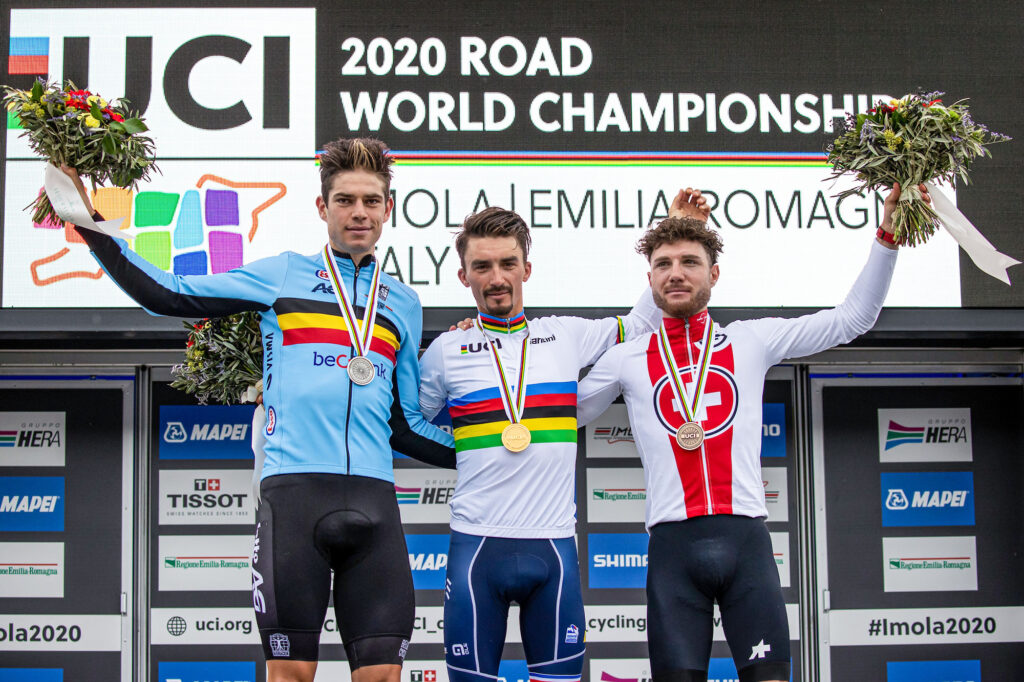
It’s 31 years since the Tour de France winner last pulled on a rainbow jersey, and this year was probably the best chance we’ve had of seeing that again since 1995, when Miguel Indurain targeted the World’s in Duitama, Colombia. As top cycling statto Cillian Kelly pointed out, the first four in the men’s World’s all won stages at the Tour – the first time we’ve ever seen this. There’s a good reason why the World’s was shifted to late September from 1995, and it has the benefit of providing a full narrative through the season up to the Tour of Lombardy. But it has a very obvious downside, which is why the sight of Pogacar, Dumoulin, Hirschi, Van Aert and Alaphilippe all doing battle was something to savour.
In Lizzie Deignan’s wake, Britain’s women are on the move
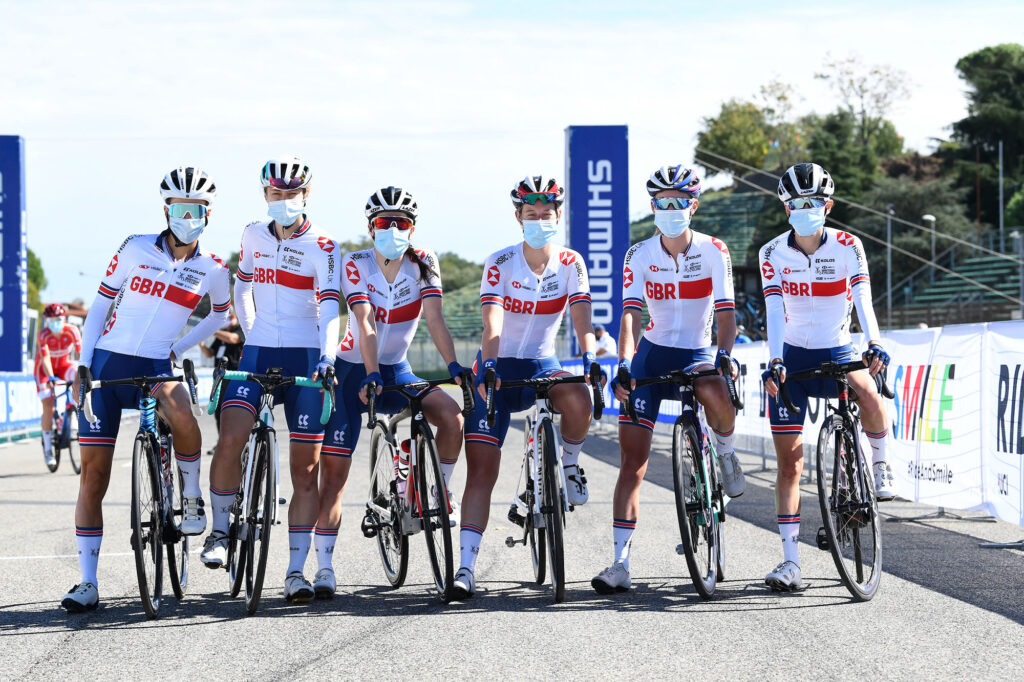
A parochial British moment here. For years, Great Britain has tended to rely on one super-talented woman to fly the flag, be it Beryl Burton, Many Jones, Nicole Cooke or Lizzie Deignan. In 2015 when Deignan won gold in Richmond, she did so pretty much on her own. Since 2016, that group pressing behind Deignan has grown stronger year by year, with the emergence of Lizzie Banks, Hannah and Alice Barnes and Anna Henderson; a strong ride by Anna Shackley in Imola points to a tough fight for places in the Tokyo Olympic team. That’s all to the good.
Cycling’s bigwigs can make things happen when push comes to shove
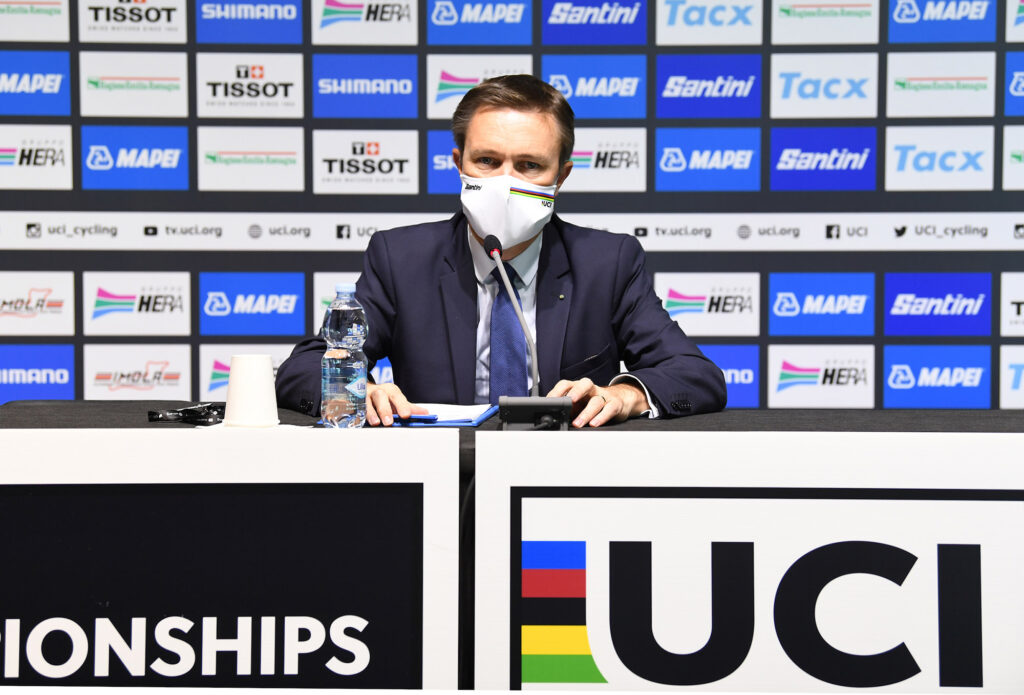
When economic survival is on the line, the folk at the top of the UCI and ASO can turn things around very quickly, be it repositioning the Tour de France from July to September, or finding a new venue for the World’s at short notice, albeit in a reduced format. It’s truly impressive to pull this kind of racing out of a season where life as we know it has been rocked by the pandemic. But it means they have still less excuse if they now fail to tackle the long-term issues that blight the sport: racial equality, the economics and practicalities of women’s bike racing, rider representation, and rider safety.
Virus permitting, the Giro and Classics will be enthralling
It’s surreal to contemplate the Ardennes Classics in the same week as the Giro partenza, but what’s not to like in the prospect of immediate revenge battles post Tour and World’s? The obvious blot on the horizon is in France, where decisions have to be made about Paris-Roubaix. Let’s hope for the best.

